Terry Crews, known as the "Black Hulk", is an actor and a former player of the NFL, currently amid rumors of steroid use. With his Herculean physique, people tend to overlook his hard work and dedication, and finds himself at the center of such speculation.
Is there merit to the allegations, or is his phenomenal figure the result of nothing but pure dedication and excellent genes?
As a health and performance coach, I decided to look deeper into the life of Terry Crews to uncover the real story. The truth might surprise you.
Does Terry Crews Use Steroids?
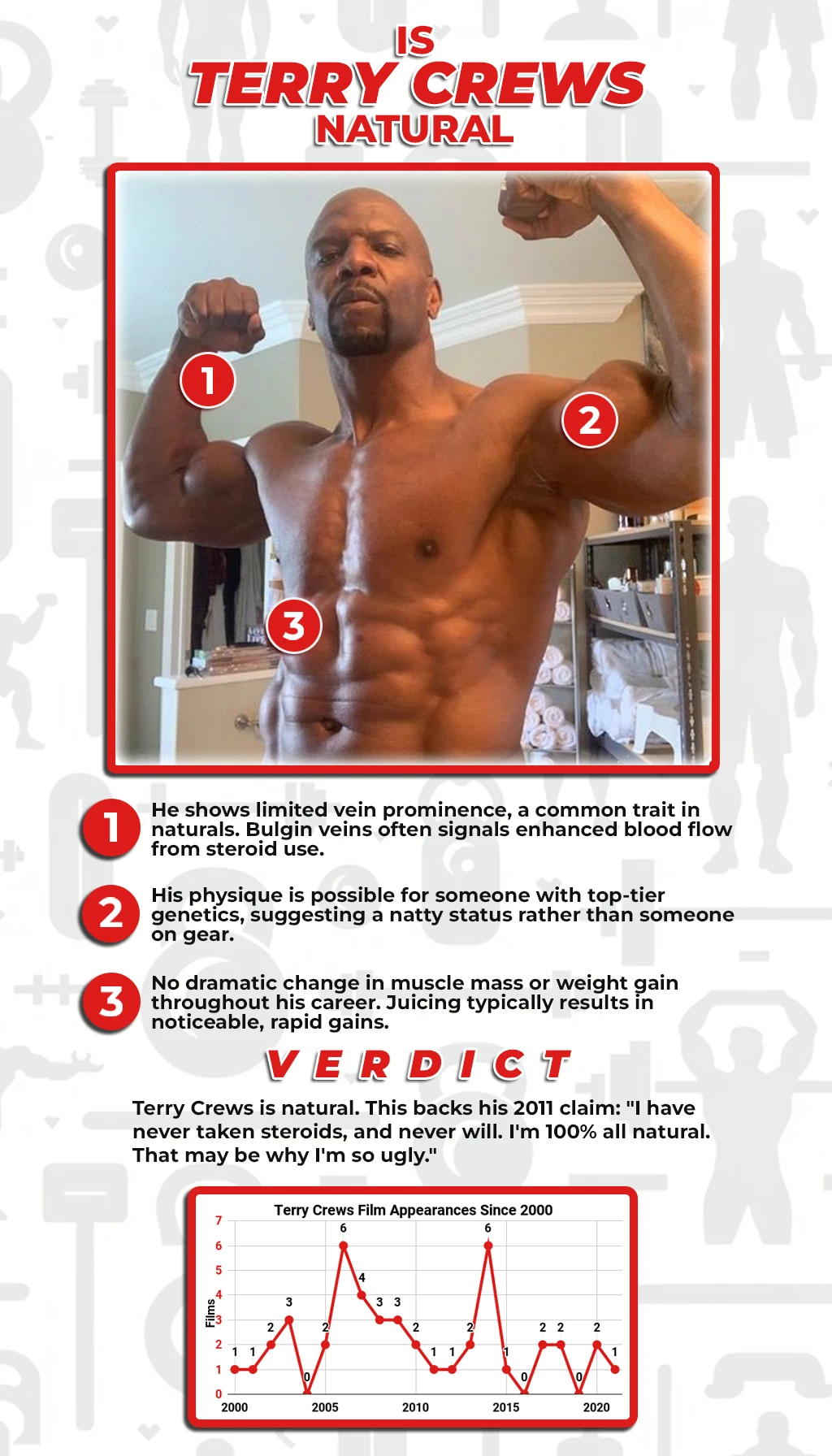
Terry Crews likely doesn't use steroids.
Based on my years of experience and understanding of physical transformations, I'd assert that Terry Crews likely hasn't resorted to steroids.
But I get why there's chatter about Terry Crews and steroids; Hollywood's not shy about its steroid use, and Crews' ripped physique at his age is typically not all-natural.
Most people aren’t aware that Crews was an NFL player before starring in Everyone Hates Chris and White Chicks.
He also had stints with the Washington Redskins, the Philadelphia Eagles, the San Diego Chargers, and several other teams.
Crews’ years-long football career was partly a result of his fantastic form. The actor began to lift weights when he was 14 and was always dedicated to staying fit.
In addition to that, Terry Crews is very health-conscious. He repeatedly stated that he perceives exercise as both a mental and physical practice at the same time [1].
This makes the rumor that he’s on steroids even less likely, as steroids can be harmful to both physical and mental health.
As someone who's coached athletes to prioritize their well-being, I resonate with Terry Crews' philosophy. He's vocal about viewing exercise as a holistic practice, blending mental discipline with physical exertion—a mindset I've always encouraged in my clients.
Body Evidence
Terry Crews is currently 53 and still has a phenomenal physique, partly because of his rigorous workout routines and also because of his incredible genetics.
He still lifts weights and combines resistance training with lots of cardio. And we do mean a lot: Crews runs at least 4 miles a day [2].
He also does regular fasting, during which he likes to drink green tea or sports drinks.
This hydration is crucial for muscle function as it aids in nutrient transport and temperature regulation, which are essential for athletes like Terry Crews to maintain peak muscle performance and recovery.
Terry Crews’ Statements
Terry Crews himself chimed in on the topic. Here’s how he defended his natty status on Twitter:
"I have never taken steroids, and never will. I’m 100% all-natural. That may be why I’m so ugly. I meant that in a good way."
- Terry Crews
He denied his alleged steroid use in some interviews, too.
Steroids mimic testosterone, boosting muscle growth and male traits, and while they can quickly enhance strength and size, their misuse carries serious health risks, making it crucial to distinguish natural gains from steroid-induced changes.
But Crews explained that his goal isn’t only to be ripped but also to maintain a healthy mindset.
Terry Crews Body Transformation
Appearance-wise, Terry Crews remained pretty much the same throughout his career in the film industry. He has always looked ripped on screen.
But most people don’t know that his body changed drastically after he retired as a professional athlete.
View this post on Instagram
That’s when Crews put on 30 pounds. He described how this made him depressed. He could no longer run as fast as he could, and he felt like a loser.
That's when he started lifting weights and doing pull-ups again. Later, he combined weightlifting with intermittent fasting (IF) and cardio, which helped him lose body fat.
Reflecting on the evolution of bodybuilding from the '70s to now, I've incorporated these changes into the routines I design for clients. Crews' modern training approach—merging strength, functionality, and intensity—is a testament to the effectiveness of these evolved practices, which I've witnessed firsthand.
3 Symptoms That Would Have Given Terry Crews Away

In my tenure as a health and performance coach, I've educated clients on the side effects of steroids, emphasizing the importance of recognizing these signs for their long-term health.
We’ll go through the three most important ones to see if Terry Crews shows any symptoms of steroid use.
This comparison will help us solidify our conclusion as to whether or not he’s using ‘roids.
1. Prominent Vascularity
Steroids often result in pronounced veins due to thinner skin and increased red blood cells.
Considering Crews' age, muscular build, and low body fat, these factors would typically accentuate vascularity if steroids were used.
However, Crews' veins are not overly prominent, suggesting his thick skin is natural, not steroid-induced.
2. Enlarged Breasts
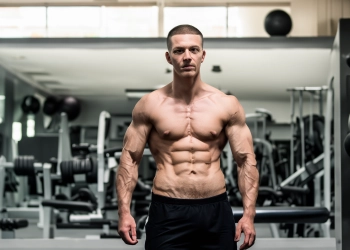
Some steroids convert to the female hormone estrogen, as per a study from the Journal of Steroid Biochemistry and Molecular Biology [3].
High levels of estrogen can lead to gynecomastia, a medical term for enlarged breasts. Although Terry Crews undeniably has big muscles in his upper body, he certainly doesn’t suffer from gynecomastia.
This also supports the theory that he isn’t on steroids.
3. Rapid Weight Gain
Based on research from Endotext, about 70% of steroid users experience significant weight gain, making it a common side effect [4].
As we’ve said, Terry Crews put on some pounds only once in his life—after retiring from playing football. And you can’t say that he was more muscular then than he is now.
So, claiming that his weight gain was a consequence of steroids makes less sense than Terry Crews’ explanation.
Related Articles:
References:
- https://muscleandhealth.com/muscle/terry-crews-21-days-to-change-program/
- https://www.bodybuilding.com/content/the-fittest-man-in-hollywood-an-interview-with-terry-crews.html
- https://pubmed.ncbi.nlm.nih.gov/16386416/
- https://www.ncbi.nlm.nih.gov/books/NBK537590/
About The Author
You May Also Like
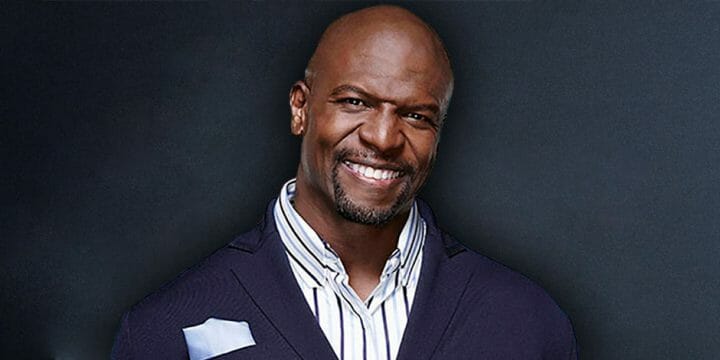
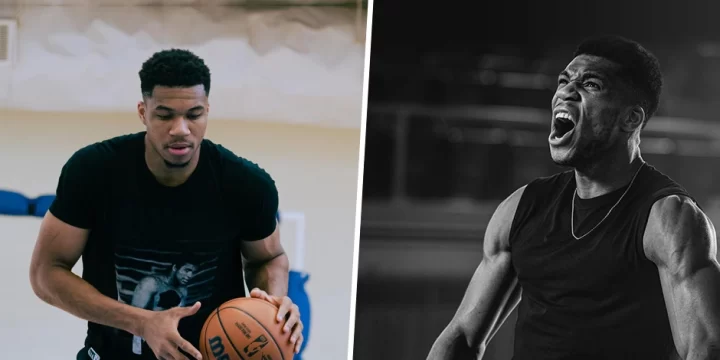
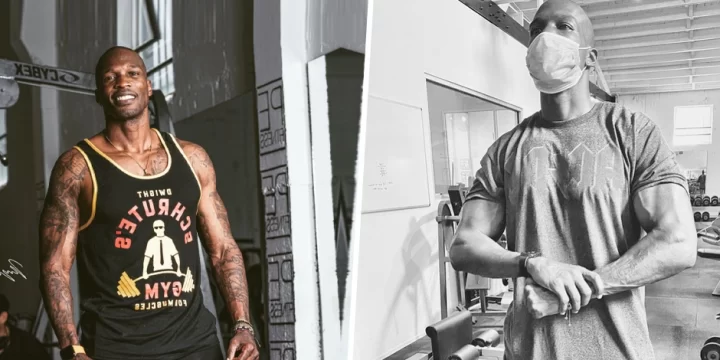
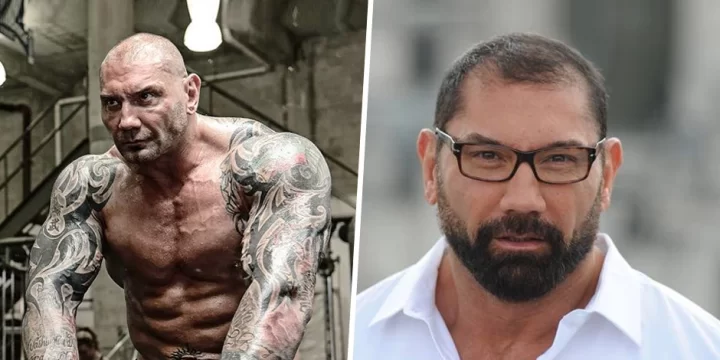
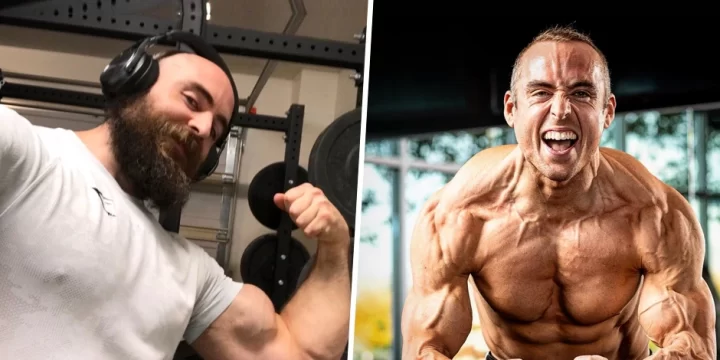
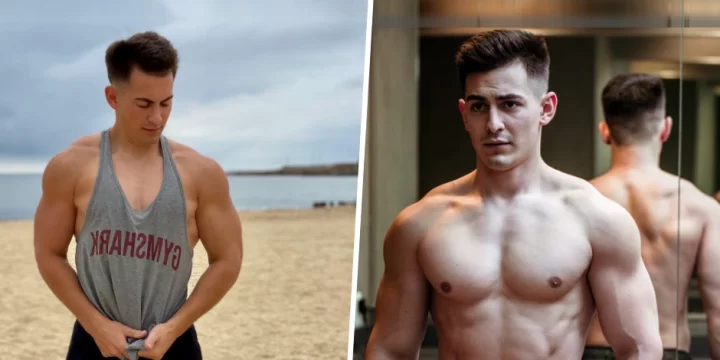

I love that Terry Crews openly denies using steroids and sticks to natural bodybuilding. His transformation after leaving the NFL is truly motivating.